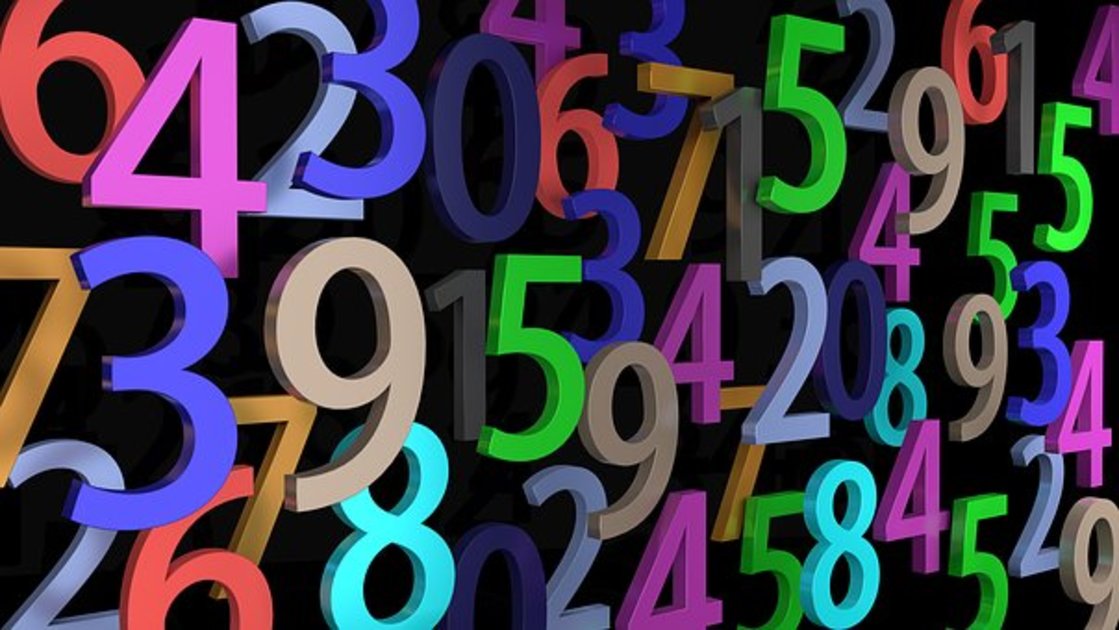
Count Off! – Parshat Bamidbar
I was once amazed when a friend of mine studying political science explained different diplomatic terms and how they really meant something different. A window of opportunity is different than a doorway. A road to peace means one thing while a pathway means something else. It is not just personal style or creative speaking.
I have also tried to develop a similar discerning eye when studying Torah but see I have a ways to go yet. When I read of the different census counts in the Torah, I notice that some of Chazal view them as being inherently different while others lump them together as being one and the same.1 The Netziv has an interesting and creative take on it. Based on the unusual use of the word 'skull' or 'head' to describe the focus of the census, he explains that the previous census was performed by giving a half-shekel coin and the coins were then counted to reach the sum of the people. Here, though, in the census discussed in Parshat Bamidbar, the people were to give a written slip with their name on it and they had to deliver it personally.2 This difference was fascinating in and of itself. In a similar but much broader vein, in describing the use of the word 'head', Rabbi Yair Kahn explains that each person's individuality was noted. Furthermore, they were to be assigned different tasks based on their individual strengths.3 Whereas the first census was an anonymous, impersonal number count of the masses, this census was a personal, named count of individuals who could contribute to the greater whole.
We are both. We are a part of a greater whole and we are individuals. We are part of the global community, the national community and the local community. We may not like it. We might "withdraw" from it. But we are still a part and yet individual.
We are individuals. We have wants and needs, strengths and weaknesses, and dreams and hopes.4 And we are also part of something greater than we and as such have a responsibility to that. We will have fully lived only when we are other-focused as well.5
Recognizing and accepting our own individuality is essential in order for us to enjoy our own lives to the fullest and to be able to contribute maximally. Much of my clinical work is focused on helping individuals accepting who they are and sometimes even to introduce them to their individuality which had been repressed for so long.
The Torah recognizes the need to notice the particular strengths of the individual. Some times we do not succeed in recognizing it or we repress it entirely. But it is there. The Torah tells us it's there. So, in the words of Angus Stone – "be what you be, in all that you are, be what you be…"6
Click here to read another logoParsha article on Parshat Bamidbar (Who Cares Which Side)
Notes
1. Rashi, Bamidbar 1:1 and the Midrash Raba 1:2 are examples of these differing opinions
2. Ibid. 1:2
3. Here is the Hebrew article where Rabbi Kahn explains this idea – click here
4. So much of our lives is figuring out that balance. Even in a loving relationship, there is an issue of how much of it is "we" and how much the individual can still express themselves and still feel a part. Each couple reaches their own understanding… or does not. But this blog is not big enough to deal with 2 issues in the same article
5. This is a common theme in the works of Dr. Viktor Frankl. Particularly in 'The Doctor and the Soul' and 'Man's Search for Ultimate Meaning'
6. Angus Stone - lyrics
Have A Great Shabbat!![]()
For More Information On Logotherapy And How You Can Create A Fuller, More Meaningful Life, Or To Book An Online Session,
- Call Me At +972-54-589-3399, or in Israel 054-5893399
- Contact Me Thru my email at [email protected]

 Previous
Previous

